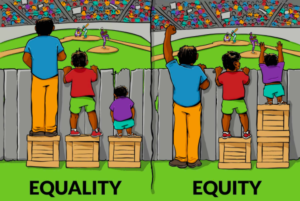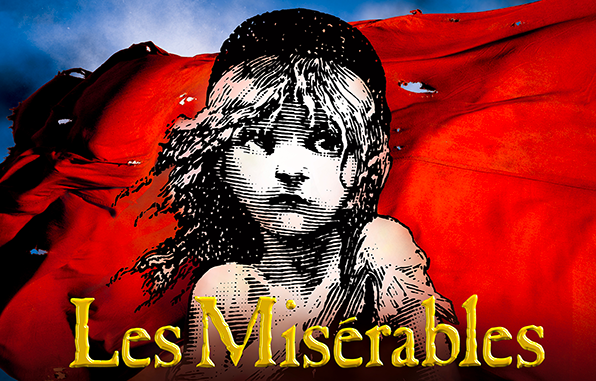
In 2020, the American EDI movement exploded into Canada. EDI is the latest fad every modern organization must reflect.
At a glance, EDI seems unquestionably true. It simply stands against unfairness, group think, and hatred of outsiders.
But it is not so simple.
Humanities professors have written about EDI for fifty years. Articles grew out of the 1960’s American civil rights movement and created a new area of expertise. Today, high-priced consultants retrain bureaucracies by expunging bad thinking and replacing it with new ideas.
According to EDI, an ideal board of directors should look like a middle-aged Benetton ad. Equity means equality of outcome. The consultants will say this is wrong and far too simple, but they will love the ad.
The Ontario Medial Association and Canadian Medical Association take great pains to prove they are on the cutting edge of EDI. No one need question their passion.
Is EDI New?
Unquestioned truth—especially when it fuels a social movement—should give pause.
EDI has rebranded ideas as old as Plato. However, EDI experts insist all thought prior to their own enlightenment suffers from unconscious bias (unless they say otherwise). EDI is truly new under the sun.
 Equity is just the same old equality agenda. “Equality” risks someone saying everyone should get an equal chance to try out for the team. That is not good enough for equalitarians. Everyone should be on the team.
Equity is just the same old equality agenda. “Equality” risks someone saying everyone should get an equal chance to try out for the team. That is not good enough for equalitarians. Everyone should be on the team.
In The Republic, Plato presents a utopian society built on equality.
Children should be taken from their parents and put into a state home. Kids need an equal start, equal training, equal nutrition, and equal exercise.
Parents should also participate in their own group exercise classes, in the nude.
Some assume Plato was joking. Others disagree—he simply offered a solution which takes the problem of equality with proper seriousness.
The pursuit of equal outcomes is an ancient idea.
Rousseau: the First Radical
EDI also repackages Rousseau’s work from the 18th century.
Man is born free, but he is everywhere in chains.
Rousseau said social institutions condemn people to suffer lives of unfair treatment. Today for example, boards choose people using systems which lead to unfair (unequal) outcomes. Continue reading “Equity, Diversity, and Inclusion — Is EDI Unquestionable?”


